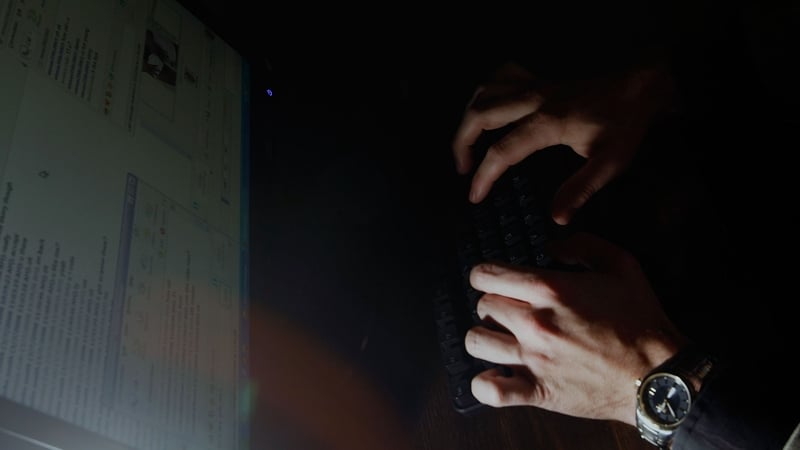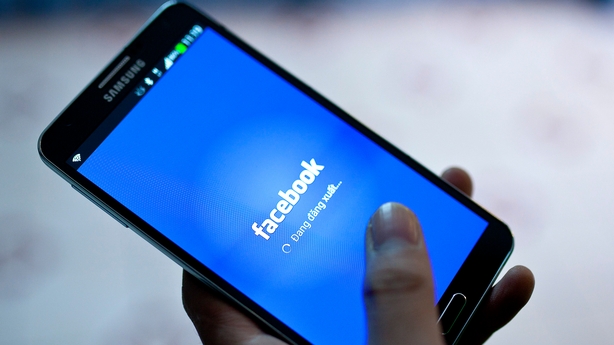
There are so many positive things about social media and messaging.
It has transformed how we communicate, how we share thoughts, ideas and views, how we get our news, how we learn, how we show our emotions.
It has brought together people who are physically and ideologically apart.
It has driven commerce, grown economies and created jobs.
Social media is great; except when it is misused.
Because in the hands of irresponsible or dangerous people, it can pose a serious threat.
There has been a lot of focus in this regard, for example, around Facebook recently following a spate of incidents involving violence and death on its platform.
In April a gunman shot dead a grandfather in Cleveland, Ohio and then uploaded a video of the killing to the social network which remained there for some time before it was taken down.
That same month a Thai man live-streamed himself murdering his 11-month old daughter on Facebook.

And there have been many more examples of violent, threatening and bullying behaviour on the platform that have gone unchallenged too.
Although it has the biggest user base, Facebook is not the only social media company experiencing this problem.
For many years Twitter has been castigated for not doing enough to curb the activities of trolls and bullies.
Many well-known celebs have quit the micro-blogging platform over the years after being targeted and harassed by people so brave they will not even reveal their identity.
And for every well-known person being bullied in the spotlight you can be sure there are dozens of other less recognised users being attacked too.
YouTube has also been at the eye of the storm.
It has been criticised in the past for not doing enough to take down videos of beheadings and extremist propaganda.
Then in March it emerged that large companies and publicly funded agencies were unwittingly placing ads beside such videos on the site, financially supporting them in the process.
Even this week, as the desperately tragic events unfolded around the arena bombing in Manchester, social media was misused by some to compound the misery of others.
Pictures appeared online of individuals it was claimed were missing, when in fact they weren’t.
Fake rumors were also maliciously spread on social networks, causing further panic and concern.
The issue is far from confined to Facebook, Twitter and YouTube.
But given their size and influence, they attract more than their fair share of the problem and by extension are therefore an important part of the solution.
To be fair all have made some efforts in recent times to start addressing the issue in a more meaningful way than before.
Facebook is recruiting another 3,000 moderators to scan the network for hate speech, child exploitation and those at risk of self-harm or suicide.
That is on top of the 4,500 it already has in place.
But revelations in The Guardian this week about the, at times, flimsy standards those moderators must apply to content they are asked to review raise further troubling questions about Facebook’s commitment to stamping out the problems.
The moderators often have to make judgements in a matter of seconds about possibly disturbing images and potentially threatening posts.
And some of what seems to pass as acceptable in Facebook’s eyes would be considered pretty unacceptable to many of its users.
Twitter too has beefed up its response to inappropriate content on the platform.
New tools have been deployed, including artificial intelligence, to prevent trolls from wreaking havoc.
CEO Jack Dorsey recently told RTÉ News that the company is now happier with how it is handling the issue than it was, but more work remains to be done.
[Source”pcworld”]








